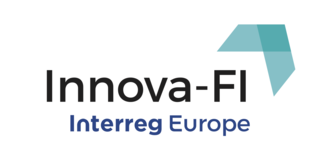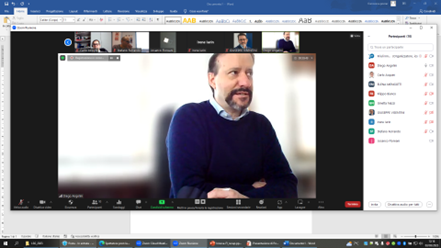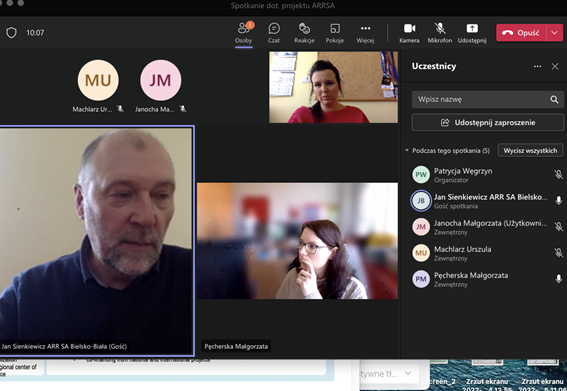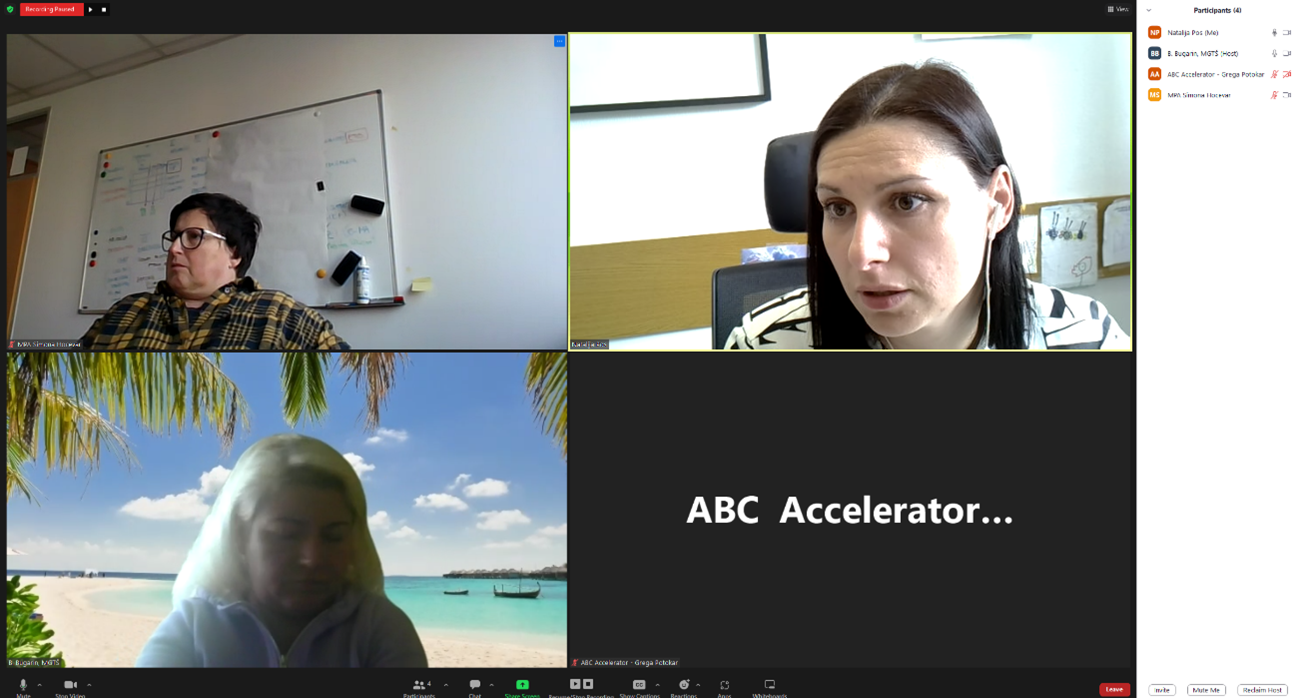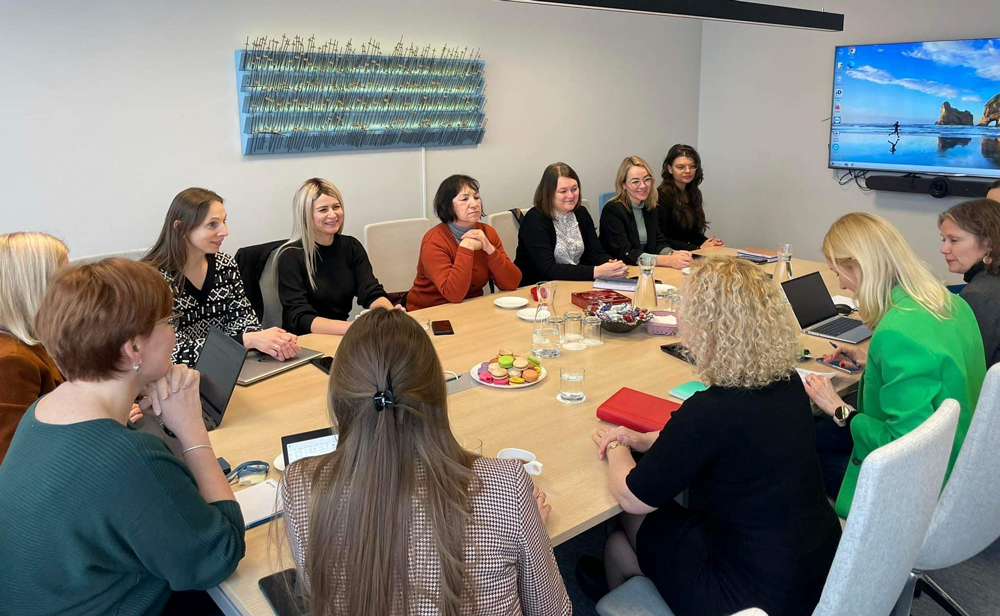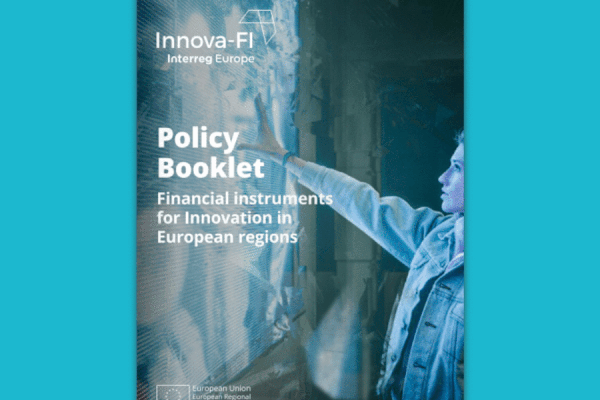The COVID-19 crisis, but also the twin transition to a greener and more digital economy creates new challenges for SME finance and therefore, the next generation of EU Financial Instruments for SMEs must respond to the new needs of SMEs, said Economic Policy Director Gerhard Huemer at a workshop with national Loan Guarantee Institutions.
AECM, the European Association of Credit Guarantee Institutions, organised a workshop for its members to discuss the future EU Financial Instruments with the European Commission, the European Investment Fund (EIF) and SMEunited as representative for the beneficiaries of their loan guarantees. In his intervention, Gerhard Huemer explained that in future loan guarantees have to take into account that during and after the COVID-19 crisis, they have to cover loans to more vulnerable and over-indebted businesses. Also, more SMEs will be at risk of insolvency and need instruments, which strengthens their equity base.
The twin transition can only be achieved, if SMEs become more innovative and invest in greener and digital processes and products, creating new challenges for access to finance for SMEs. Therefore, the national guarantee providers have responded to these new needs and Huemer invited them to use the future EU Financial Programmes to offer new schemes for SMEs in their countries.
Finally, Mr Huemer commented on new EU Programmes like the Solvency Support Instrument (SSI) and the InvestEU Programme and welcomed the SSI as an important measure to react on the sharp increase of solvency problems in the SME sector. However, the instrument has to take into account that SMEs have very limited access to classical equity instruments. Therefore, the SSI has to offer quasi-equity products like subordinated loans or repayable advances, which could be best implemented by the EIF and channelled via national intermediaries to SMEs. As regards the InvestEU Programme, he supported the bundling of all existing financial instruments under one programme with single rules and operational procedures. However, Huemer raised concerns that the SME Window may become smaller as the current SME programmes.
This news was taken from SMEunited. Read the article here: https://smeunited.eu/news/next-generation-of-financial-instruments-have-to-cover-new-risks
